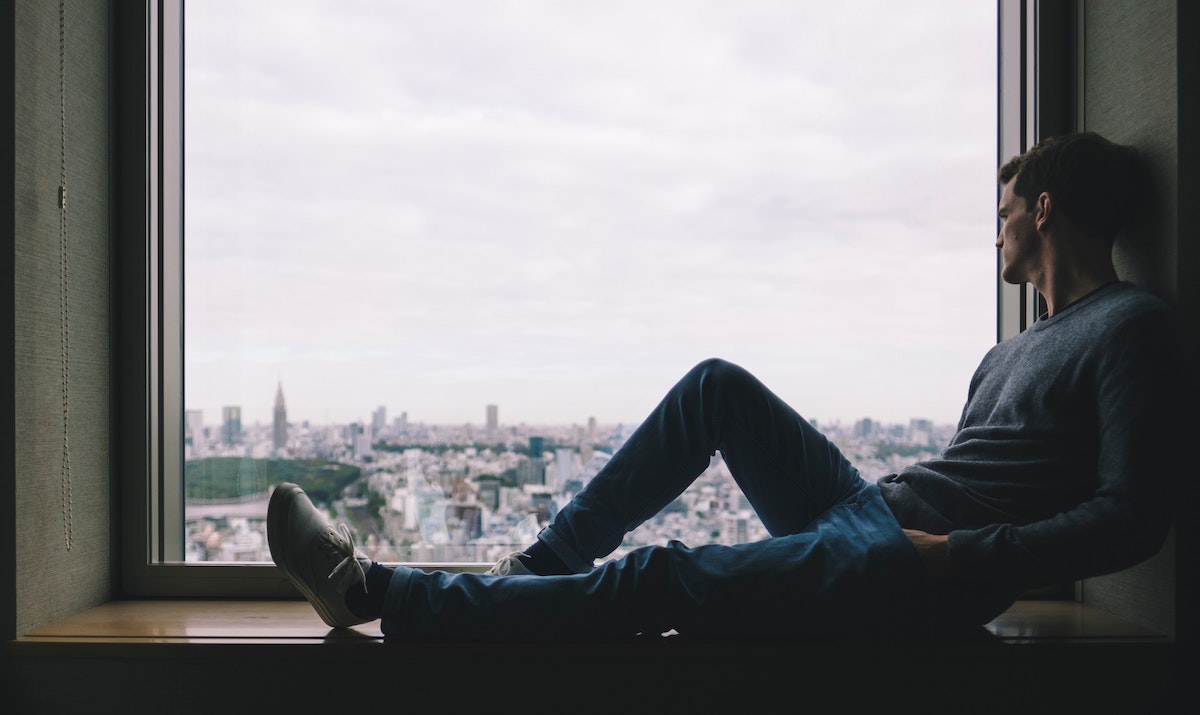In King County, there are currently more than 3,000 confirmed cases of COVID-19; schools have closed their doors for the rest of the school year, and many companies have asked their staff to work from home. As the coronavirus pandemic continues to escalate, most people find themselves sheltering in place for the foreseeable future. For those in recovery, connection is key, and this disruption to one’s routine can be anxiety-inducing. Today, we’ll provide some advice about how to self-quarantine without feeling isolated.
Isolation and Recovery
Webster’s Dictionary defines isolation as setting oneself apart from others. Quarantine and solitude are also words used to describe this pattern of behavior. In practice, it means removing yourself from society in favor of spending increasing amounts of time alone.
Isolation is extremely common to those in active addiction, and for many in early recovery, it is a risk factor for relapse. In normal circumstances, the tendency to avoid other people can be remedied through regular 12-step meeting attendance or planned social gatherings. In the world of COVID-19, however, these outlets are no longer an option.
Fortunately, while these ways of connecting have changed, they are not gone. There are countless resources available to you that will help you to self-quarantine without isolating.
Participate in Virtual 12-Step Meetings
As we mentioned in our last blog, many AA and NA meetings have transitioned online due to COVID-19. This means that you can still connect with your group (or others) from the comfort and safety of your own home. All you need is a computer or phone to join in! Staying in contact with others who are working a program can keep you feeling motivated and supported in these unprecedented times.
Be Intentional
Don’t let your time at home blend together into a featureless series of days. Strive to create structure for yourself during self-quarantine. For example, setting goals and scheduling your days can alleviate anxiety and stress while providing a sense of direction each morning. By deciding what you’re going to do, you’ll feel a sense of purpose throughout the day.
Check in with Yourself
It’s possible that you may find yourself feeling irritable or negative without fully understanding why. If you notice that you’re quick to anger or snap at family members, it’s possible that isolation could be taking its toll. Cultivate a spirit of mindfulness during this time and be sure to regularly check in with yourself. This can take the form of meditation, journaling, or a constructive conversation with a loved one. Be aware of how you’re feeling so that you can apply recovery principles – like H.A.L.T. – before you jeopardize your sobriety.
Put Your Recovery First
It’s possible that you’re feeling anxious about protecting your recovery during this time. That’s perfectly natural. To address this, be sure that your sobriety comes first in everything that you do. Ask family members to remove any substances from the house and set aside time to reread your favorite pieces of literature about overcoming addiction.
Additionally, many people have connected via apps, groups, and pages centered around sobriety. If you’re looking for a network of support and resources, Lakeside-Milam has created an alumni app that is available on Google Play and the App Store. Consider downloading it for access to books, podcasts, and more media that will support your recovery journey.
Socialize in a New Way
The novel coronavirus has changed the landscape of interpersonal connection. Instead of going over to a friend’s house, try out a fun, new way of socializing with your loved ones. While video calls have escalated in popularity, you don’t just have to sit in front of the computer with your arms crossed. Try working out to a yoga video together or syncing up a movie to watch at the same time. With a little creativity, you can fill your days and nights with social interaction and keep isolation at bay.
Help During COVID-19
If you’re struggling with addiction, recovery, and COVID-19, you’re not alone. At Lakeside-Milam, we’re standing by to help you to self-quarantine without feeling isolated. Our team of expert clinicians is available to aid you in navigating the world of recovery during the coronavirus outbreak. For more information, contact us today.






